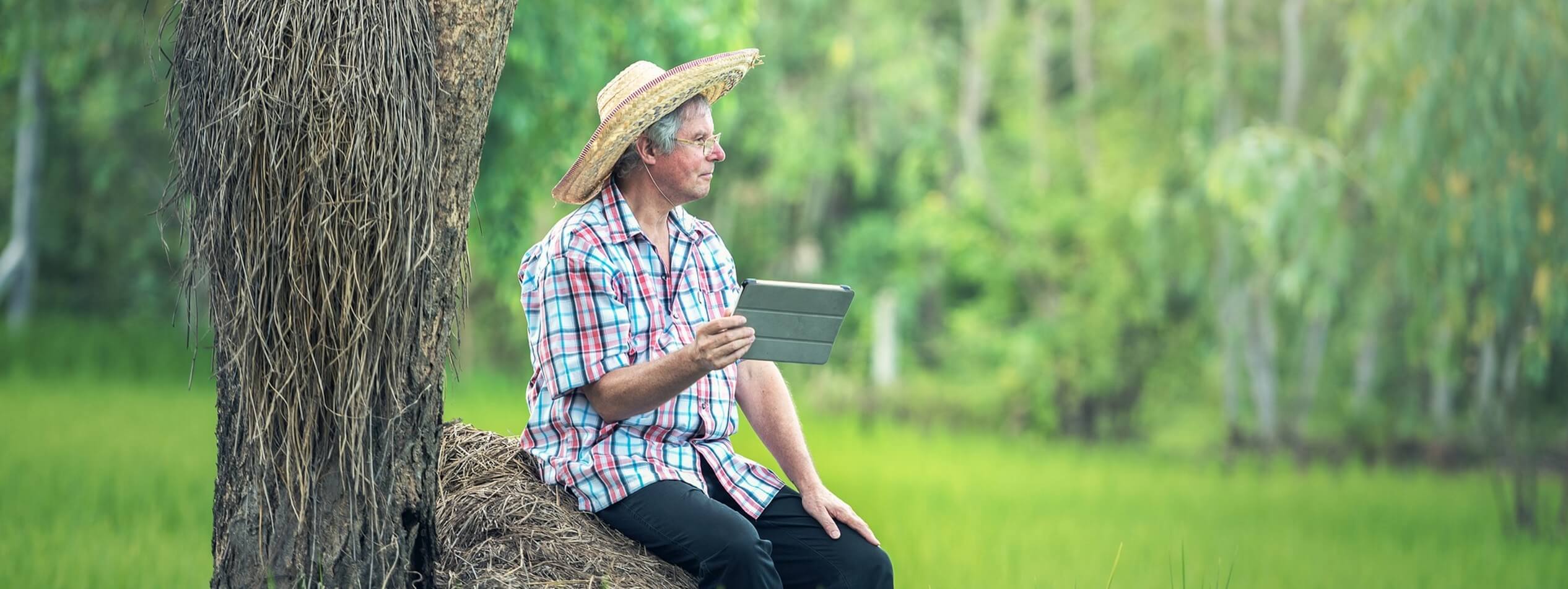I have often heard it said that people don’t like change. In a book I recently read about change1, the authors pointed out that in many situations in life people actually completely embrace life altering change. An example they use is when people decide to have kids. This is a massive change in lifestyle, which has associated challenges, but parents embrace this change due to the joy of having kids. People are not generally as anti-change as we think. The problem with change is that it is often very challenging. The usual, common and standard way of doing things is comfortable and known, but it very seldom brings about progress. This creates a conflict in people where they recognise the need for change, but don’t actually want to do something about it. Successful change therefore normally results when the need for change outweighs the challenge and effort it takes to bring it about.
How is this relevant to agriculture? Well in what Trace & Save does we are always asking farmers to change. We advocate new approaches to agriculture, and the implementation of new practices. We encourage farmers to go against convention, and implement sustainable agriculture. This all requires a lot of change, and is therefore difficult.
What I would like to do is make a case for why this change is so necessary, and why the effort is worth it. The way I see it there are three broad reasons, which can be grouped into the often referenced three P’s: people, planet and profit.
People:
There is a lot of evidence on how the current, conventional agricultural practices do not always result in healthy, wholesome food. Monoculture which relies on high chemical inputs (herbicides, pesticides and fertiliser) also results in chemical residues building up in the environment and food produce, which have huge potential negative health consequences, many of which we are not yet aware of. Sustainable agriculture, alternatively, presents agricultural practices which result in nutrient dense food that do not contain the same level of chemical residues. This food is therefore healthier for people, and does not carry the same risk of the unknown consequences of chemical residues. Sustainable agriculture also places a focus on the implementation of practices which are socially acceptable and benefit people. This is especially important when it comes to the people working on farms, who should be treated fairly and equitably. This is an important focus that conventional agriculture does not necessarily place an emphasis on.
Planet:
In order for agriculture to remain productive into the future it is imperative that the natural resources which support agricultural production are protected. Sustainable agricultural practices aim to do this. Conventional practices are extractive and deplete natural resources, whereas sustainable practices aim to conserve, restore and improve natural resources, i.e. they are regenerative. Beyond environmental protection, sustainable agriculture also results in farms being more resilient and adaptive to environmental (especially climate) changes, which are becoming more prominent.
Profit:
Profitability is one of the core goals of any business, and is therefore a goal of sustainability. Very simply, if a farm is not profitable, it will not be viable. Profitability is directly linked to productivity. The more productively and efficiently a farm is able to produce agricultural goods, the more profitable it will be. Sustainable agriculture advocates for farming practices which improve the health of the agro-ecosystem, which allows for agricultural production to be supported not by expensive and environmentally degrading inputs (e.g. chemical fertilisers, pesticides and herbicides), but rather through natural ecosystem services (e.g. nutrient cycling in healthy soils, and pest control through biodiversity). When implemented correctly, and measured over a long-term period, this method will be profitable, and will be more resilient than conventional agriculture.
I have great hope for the role that agriculture will play in contributing to the wellbeing of people, the protection of the planet and sustained profits. My experience with many farmers is that they are open to change and resilient when facing challenges. I have also seen that these farmers are the most successful. For any farmer questioning whether change is really worth it, I believe the question should rather be: Can you afford not to change?
References:
- Switch: How to Change Things When Change Is Hard by Chip and Dan Heath.
- A carbon footprint assessment for pasture-based dairy farming systems in South Africa - 2024-02-07
- What progress have farms participating with Trace & Save made over the past 10 years? - 2023-09-06
- Carbon footprint reduction over time: Lessons from pasture-based dairy farms in South Africa - 2023-09-04


